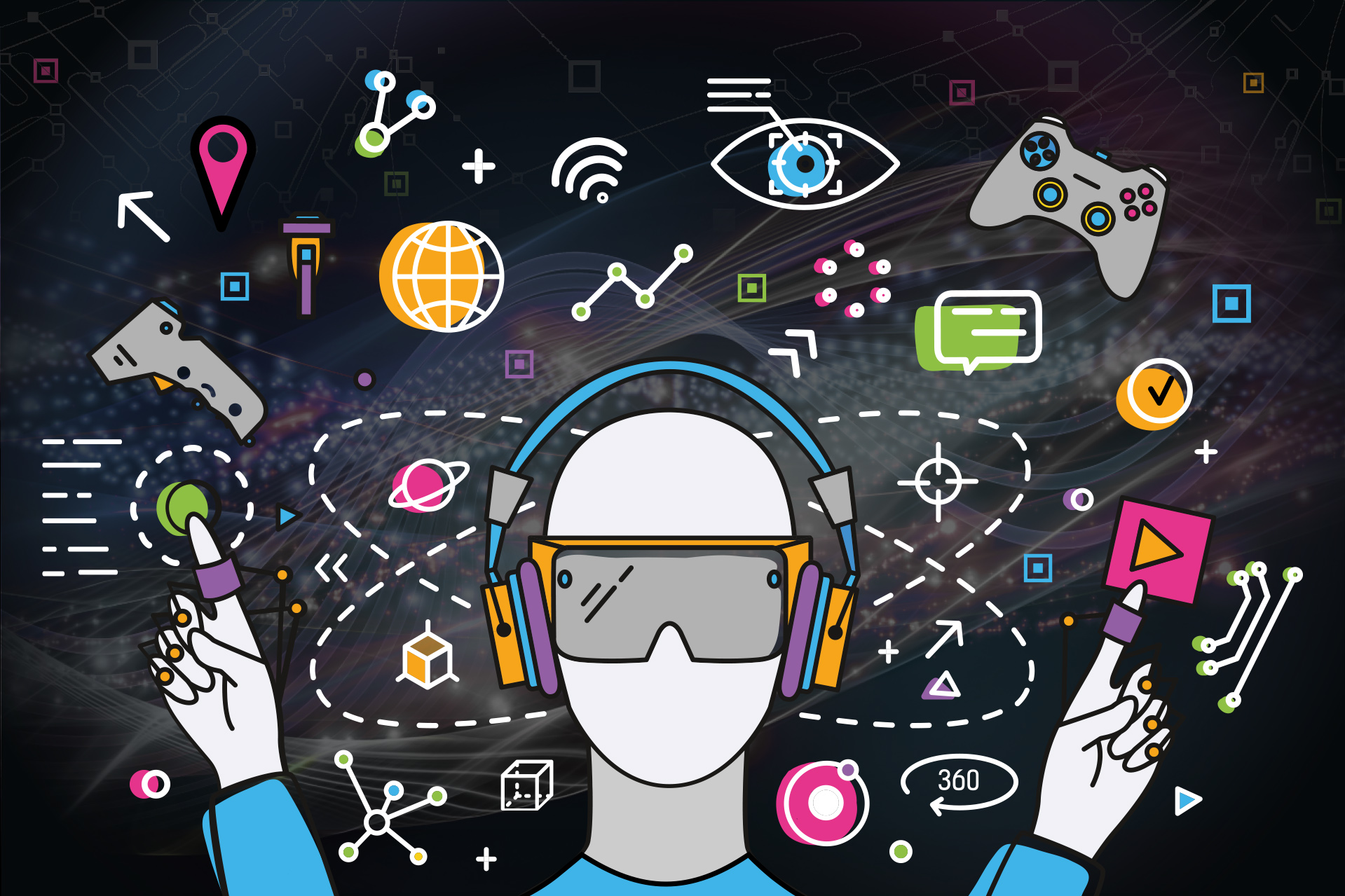
Whether it is live music, a Broadway show or virtual reality gaming, the world of entertainment uses technology to make magic happen. And these technologies include everything from artificial intelligence (personalised recommendations and voice recognition) to media automation.
Imagine working behind the scenes of a rock concert or movie set. City Tech’s backstage education provides you with formal training in sound, lighting and other technical skills.
Artificial Intelligence
Artificial intelligence is transforming the way media and entertainment companies create content. From gaming and music app development to movie production and creative writing, AI tools enable creators to explore new artistic territories at breakneck speed.
One of the most popular types of AI in the entertainment industry is Augmented Reality (AR) and Virtual Reality (VR). These technologies combine real-world elements with generated images to give users a more immersive experience. AR and VR are especially useful for creating virtual tours of movie sets and other locations.
AI also helps media and entertainment companies understand their audience better. For example, natural language processing algorithms can identify sentiments and preferences to provide users with personalised recommendations. In addition, AI can automate subtitle generation for video and audio content.
Machine Learning
Artificial intelligence is a rapidly emerging field with transformative potential across many industries, including entertainment. AI applications in this sector range from personalised recommendations, voice recognition, and media automation. For example, on-demand video streaming service Netflix has recently increased its reliance on AI-enabled recommendation algorithms to deliver a personalized user experience.
This trend is a sign that the future of the entertainment industry will be driven by technological innovation, personalization, and a focus on sustainability and social responsibility. With this in mind, it is important to look for a trusted entertainment technology development company to help you implement AI into your business. There are plenty of ways to do this, from automating subtitle generation to improving customer experiences. This will help your business grow and prosper in the entertainment industry.
Big Data
Media and entertainment companies are among the early adopters of big data technology. They face the challenge of reducing operating costs and generating more revenue in a competitive environment. Big data analytics helps them make sense of the oceans of data that gushes in from diverse sources.
The biggest challenge for media and entertainment companies is interpreting the vast amounts of information that they have at their disposal. This data may be collected internally or provided by distribution partners, and it comes in various formats. The lack of a standardized format makes it difficult for them to perform analytical operations on it.
Big data analytics helps media and entertainment companies achieve their goals of reducing customer churn and analyzing customer preferences. It also helps them find alternative revenue streams.
Blockchain
Blockchain is an emerging technology that offers a number of benefits in the media and entertainment industry. It offers transparency, security and traceability of data shared across a business network. Additionally, the decentralized structure of blockchain ensures that only trusted members can access and alter data. The technology also helps to reduce fraudulent activities like ad fraud and copyright infringement.
This is important for the media and entertainment industry because it primarily relies on relationships between creators and their audience. However, the industry has experienced a number of challenges, including piracy and unequal profit distribution. By implementing blockchain, media companies can bypass middlemen and provide their audiences with transparent pricing options. In addition, blockchain can help to combat scalping and fake ticketing. It can also reduce the costs associated with royalty payments.
Live Streaming
Live streaming is the real-time broadcast of video/audio content over the Internet. It consists of a series of steps from video capture to encoding, compression, transcoding, and distribution through CDNs. It also enables viewers to interact with the video and audio, which gives it an immersive experience that blurs the line between physical and virtual.
While live streaming has many benefits, it also poses some risks. For example, it can lead to children and young people acting on impulse online by saying or doing things they wouldn’t do offline. In addition, it can create a digital footprint that may be difficult to delete.
Choose a live streaming platform that offers secure authentication options for your viewers and can handle multiple viewers at once. It should also have a customizable interface that includes branded overlays and logos.